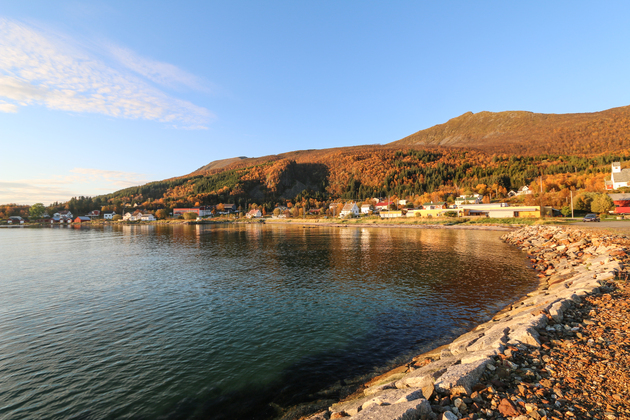Report: Fails to adopt a comprehensive approach in environmental evaluation

Authorities are struggling to assess how different industries and activities collectively impact nature. This is revealed in a new report from the research institute Nofima and the Fram Centre.
“To protect nature and the environment, one must understand the cumulative impact. However, when many in the administration face significant challenges with precisely this, it becomes difficult to achieve good management,” says Eirik Mikkelsen, a senior scientist at Nofima who led the work on the CLEAN report.

What does the legislation say?
Sector laws are special rules for different parts of society that help govern these areas effectively. Not all sector laws require an assessment of cumulative impact on nature. Nevertheless, there is cross-sectoral legislation that requires administrative bodies such as the County Governor, county councils, and others to make such comprehensive assessments when nature may be affected.
Subject to discretion
Employees in the administration report challenges in practically assessing the cumulative impact on nature. This emerged in a survey that also forms the basis for the report.
“The significant challenges may be related to employees in the administration feeling that they lack both data and knowledge about how different factors work together,” says Mikkelsen.
Almost all respondents to the survey report that they make assessments of cumulative impact on nature. However, most only make discretionary assessments.
Uncovered lack of methods and routines
“Many report that they lack a clear method for the assessments, and some are unsure whether their organisation has a guide for this,” Mikkelsen points out.
The report suggests that the administration needs better tools and methods to assess the environmental impact of all combined activities.
“It may also be that some agencies should provide better training and information to their employees about assessments of cumulative environmental impact, so that we can become better equipped to take care of nature,” concludes Mikkelsen.
Publication
Facts about the project
Fram – High North Research Centre for Climate and the Environment conducts interdisciplinary research projects that are important for the management of the High North. Several research institutes and other actors are members, and it is funded by multiple ministries.
Nofima is a national research institute that conducts research and development in aquaculture, fisheries, and food.
CLEAN is a research project at the Fram Centre that addresses the cumulative effect and risk associated with multiple impact factors in the ecosystems of the High North. The report presented here is part of the CLEAN project, with contributions from NIBIO, NIVA, Akvaplan-niva, NIKU, Norwegian Centre for the Law of the Sea – A UiT Aurora Centre, NINA and Nofima
Contact person
Research areas
